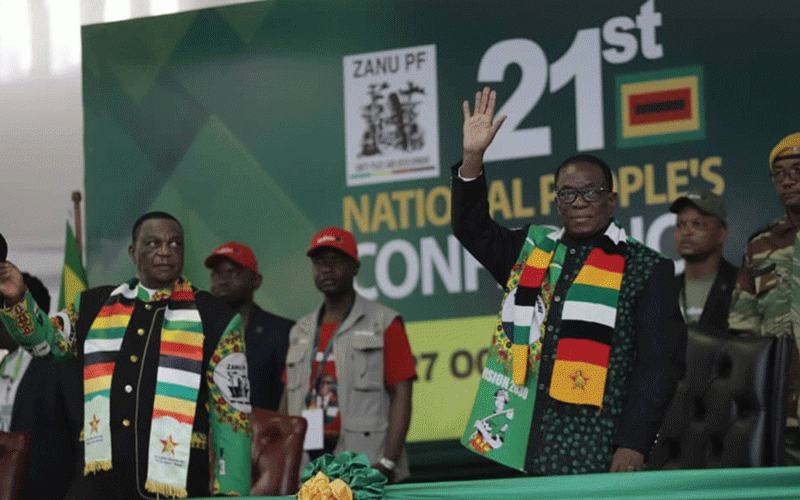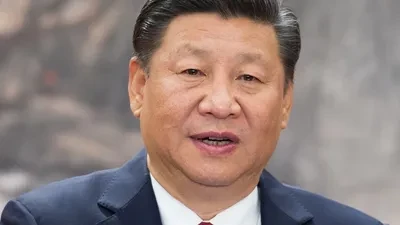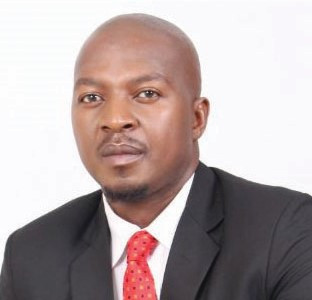
ANALYSTS yesterday said the just-ended Zanu PF conference exposed the ruling patry’s little care about the suffering of Zimbabweans and stagnating economy.
Zanu PF held its annual conference in Bulawayo, with focus mainly centred on extending President Emmerson Mnangagwa’s term of office.
Mnangagwa declined the offer, but Zanu PF in its resolutions said it would kick-start processes to ensure he remains in office beyond 2028 when his term expires.
According to the party’s list of resolutions, extending Mnangagwa’s term beyond 2028 was listed as a priority despite that the party’s leaders still fresh in office for his second term after being declared winner in last year’s disputed August 2023 elections.
Political analyst Maxwell Saungweme said the so-called “resolutions” were little more than a strategic retreat exercise in power consolidation, emblematic of the classic State-party conflation that has long defined Zimbabwe’s political landscape.
Saungweme also said there is a deliberate erosion of the boundary between the functions of the State and the mandate of the party.
“These resolutions underscore the extent to which Zimbabwe’s governance has been subsumed by Zanu PF’s partisan objectives, effectively transforming State apparatuses into tools for entrenching party hegemony,” he said.
Among other resolutions is that Zanu PF and government should establish a comprehensive framework that ensures the operationalisation of the principle of party supremacy over government.
- Uproar as top civil servants are sent to Zanu PF lessons
- Uproar as top civil servants are sent to Zanu PF lessons
- Corruption Watch: Get scared, 2023 is coming
- Corruption Watch: Get scared, 2023 is coming
Keep Reading
Another resolution was that the Chitepo School of Ideology should decentralise its training programmes to administrative districts for the benefit of party members, government employees, private sector and the general populace.
“Rather than advancing genuine pro-poor economic development, the resolutions reveal a clear prioritisation of political survival,” Saungweme said.
“State resources are being weaponised to serve the party’s agenda, setting the stage for a further centralisation of power in preparation for 2028.
“This manoeuvre not only undermines democratic governance, but reinforces a form of political clientelism, where development is co-opted for party gains, rather than addressing the socio economic needs of the broader population.”
Another political analyst Vivid Gwede said Zanu PF has always favoured hegemony over the plight of its long suffering citizens.
“Undoubtedly, the issue which sparked the most interest was the proposed extension of the President’s term of office. This is tragic given the state of the economy and other problems Zimbabweans face,” Gwede said.
“But power retention and consolidation has always interested Zanu PF more than the plight of Zimbabweans.
“Zimbabweans hope that the President breaks a new path and abides by his refusal to follow these exhortations.”
Professor of world politics at the University of London’s School of Oriental and African Studies, Stephen Chan, said the conference spent more time focusing on succession politics than lifting the economy out of the woods.
“Now that there is no longer an effective parliamentary opposition, factions in Zanu PF effectively oppose each other and then try to cloak in a show of loyalty and unity,” Chan said.
Zimbabwe is facing yet another economic crisis seen in ever increasing cost of living, company closures, hunger and widespread poverty.
Government’s six-month old currency, the Zimbabwe Gold (ZiG), a sixth attempt to introduce a stable currency in 15 years, is on a free-fall.
Businesses have expressed their desire to see the ZiG scrapped owing to its volatility.
However, Zanu PF proposed to expedite efforts to de-dollarise the economy and promote the use of the ZiG as the country’s sole currency in its resolutions.
Zanu PF director for information Farai Marapira said he was in a meeting, hence could not respond.










